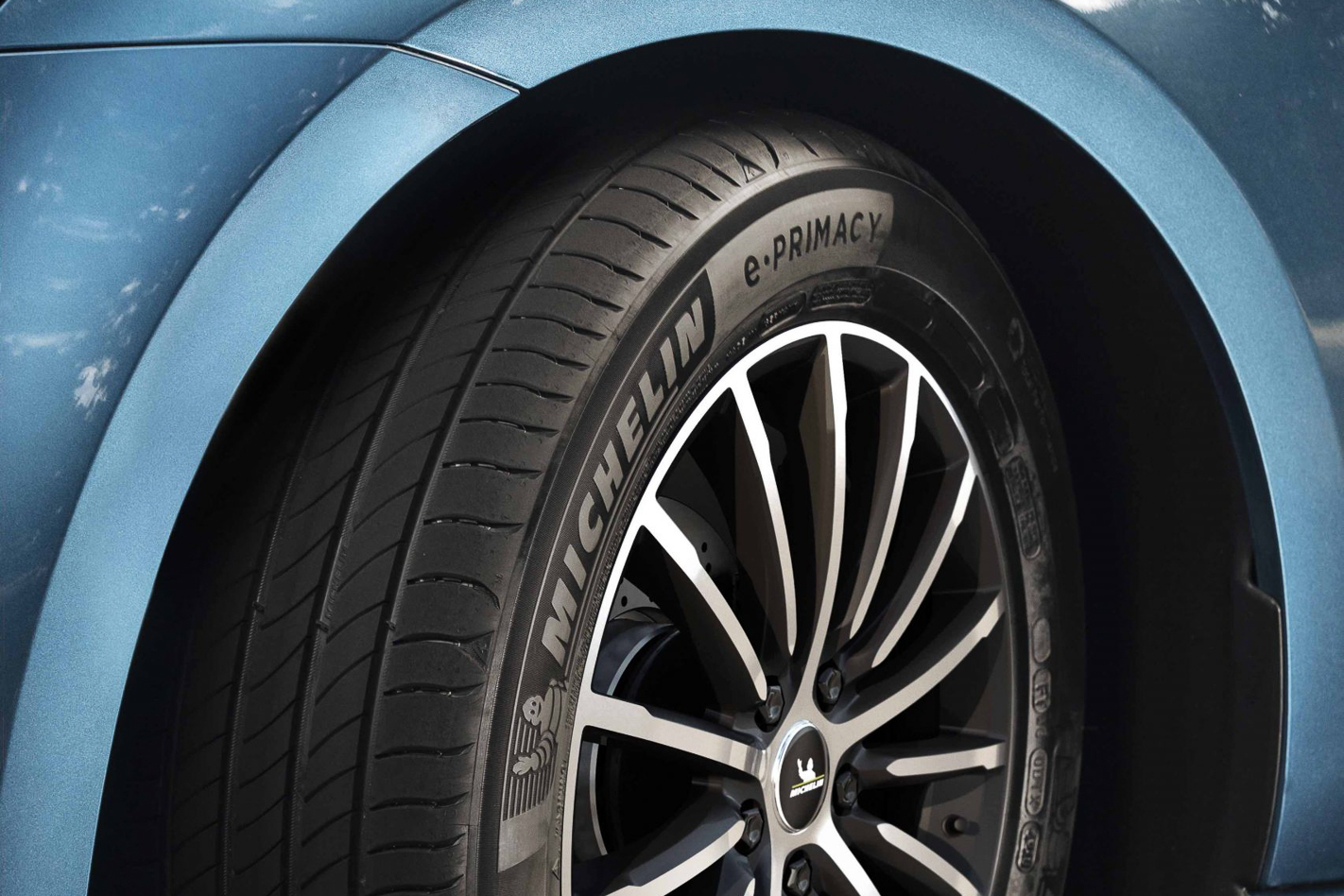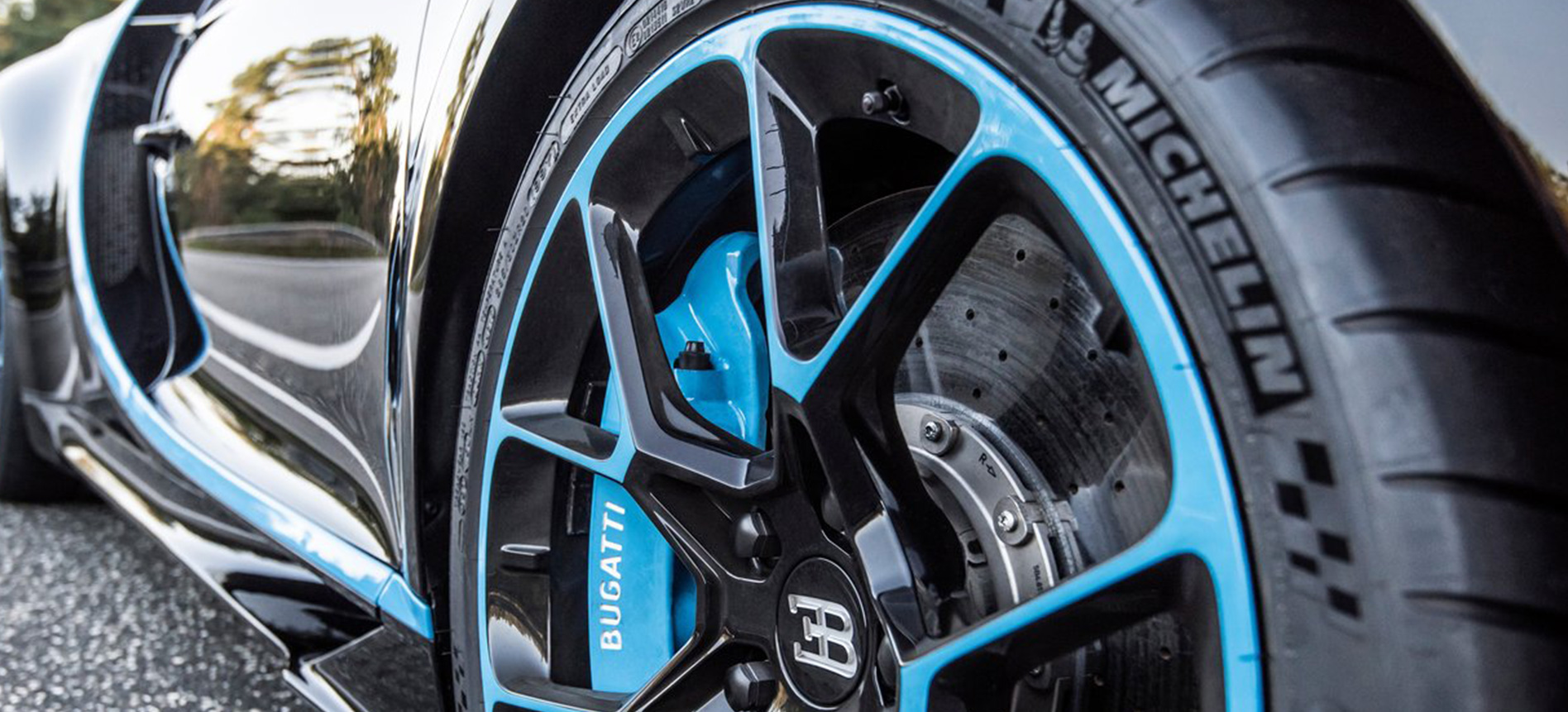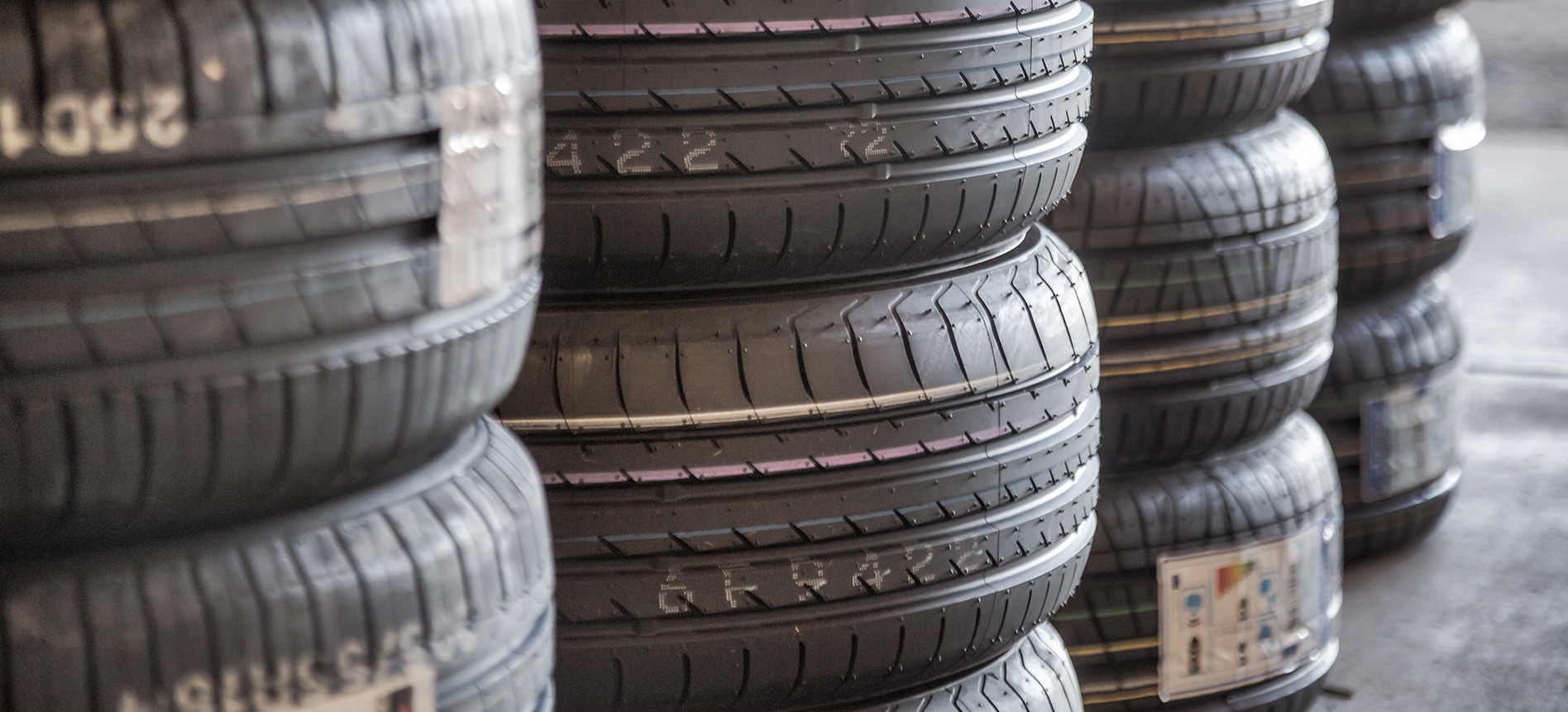
Michelin has committed to a 100 per cent sustainable production and lifecycle of its tyres by 2050.
Today’s Michelin tyres are comprised of more than 200 individual components. The French tyre manufacturer wants all aspects of tyre production to be ultimately sustainable, and it’s achieving its goal through investing in new ways of manufacturing, using recycled materials.
Explained through a neat Youtube cooking video (below), Michelin shows how biowastes like wood, rice husks and corn stover can be broken down into the chemical compound butadiene.
Butadiene can combine with styrene (from broken down polystyrene) to produce a sustainable and synthetic rubber.
As well, plastics can be broken down into regenerated plastic braids and old tyres can be ‘cooked’ into recycled carbon black, both of which can be used in tyre production.
The company is confident in its endeavours, touting its some 6000 engineers, researchers, chemists and developers who will work towards Michelin’s goal.
It’s also working towards using as little materials as possible, while retaining its tyres’ signature performance and comfort. Michelin’s holistic approach also involves getting the rubber industry itself to become eco-friendlier.

Acknowledging that the goal is ambitious, but not unobtainable, Michelin has already begun production of the eco-responsible e.Primacy range which addresses all lifetime environmental impacts.
Michelin has taken steps to offset the CO2 emissions resulting from the e.Primacy tyre during its production phase, from raw materials extraction to the transportation of the end product.
Among advantages of the forward-thinking tyre is a 27 per cent reduction in rolling resistance when compared to rivals in its category.
Over the lifetime of the e.Primacy tyre, Michelin predicts that it will deliver a 174kg reduction in CO2 emissions.
The e.Primacy tyre is set to go on sale worldwide at the start of March 2021.




